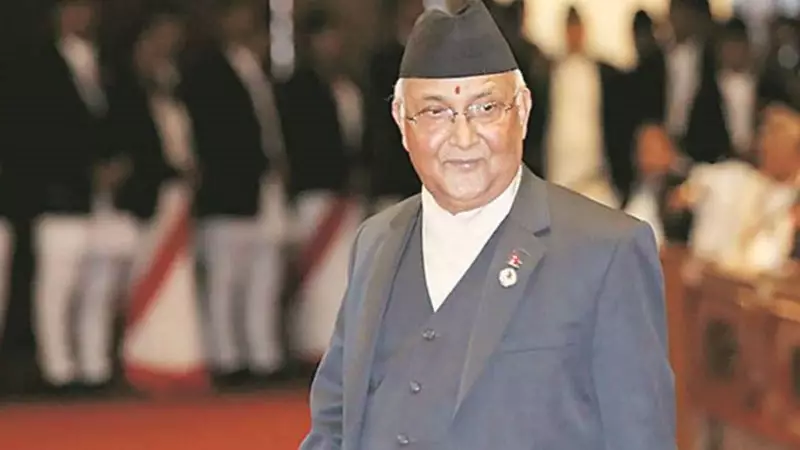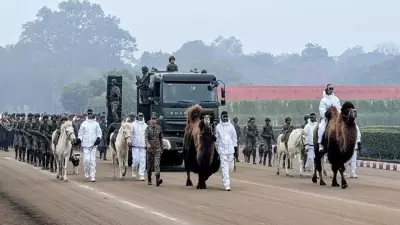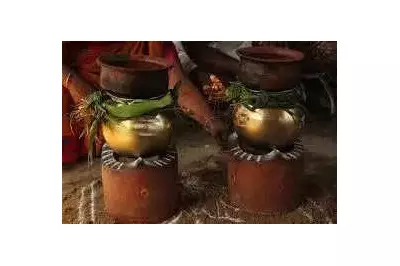
In a significant development for Nepal's political landscape, the country's National Security Council has formally recommended deploying the Army to ensure security during the upcoming general elections scheduled for March 5, 2026. This crucial decision comes amid rising political tensions and follows the formation of a new security unit by former Prime Minister K P Sharma Oli.
Political Turmoil and Security Concerns
The Communist Party of Nepal-Unified Marxist Leninist (CPN-UML), led by former Prime Minister K P Sharma Oli, announced the establishment of a new security unit called the National Volunteer Service on Friday. Oli explicitly stated that this move was necessitated by the current government's failure to ensure adequate security for the nation's citizens, media professionals, and other stakeholders.
This political development occurs just over two months after Oli's resignation in September, which was triggered by widespread youth protests across the country. The situation has been further complicated by recent clashes in southern Nepal between CPN-UML cadres and youth protesters, highlighting the volatile security environment.
Election Security Measures
Nepal's National Security Council conducted a comprehensive review of the country's security situation and concluded that military presence is essential for conducting peaceful elections. According to an official statement released by Defence Secretary Suman Raj Aryal, who also serves as the member secretary of the NSC, the recommendations were specifically made to facilitate elections in a "free, fair and fearless manner."
The Ministry of Home Affairs has already taken proactive steps by approving an integrated security plan for the elections. This comprehensive plan has been circulated to all 77 district administration offices throughout Nepal for immediate implementation, ensuring a coordinated approach to election security across the nation.
Ongoing Political Confrontations
The political tensions in Nepal have manifested in physical confrontations recently. Following a CPN-UML rally organized in Kathmandu, youth groups and party cadres faced off once again. Generation Z protesters demonstrated at a nearby location, indicating the continuing divide between established political parties and younger activists.
These developments underscore the challenging political environment in which Nepal approaches its crucial 2026 general elections. The combination of formal security measures through army deployment and informal political security units suggests a nation preparing for a potentially contentious electoral process.
As Nepal moves toward the 2026 elections, the international community will be closely monitoring how these security arrangements unfold and whether they successfully create the conditions for a democratic process that genuinely reflects the will of the Nepalese people.





